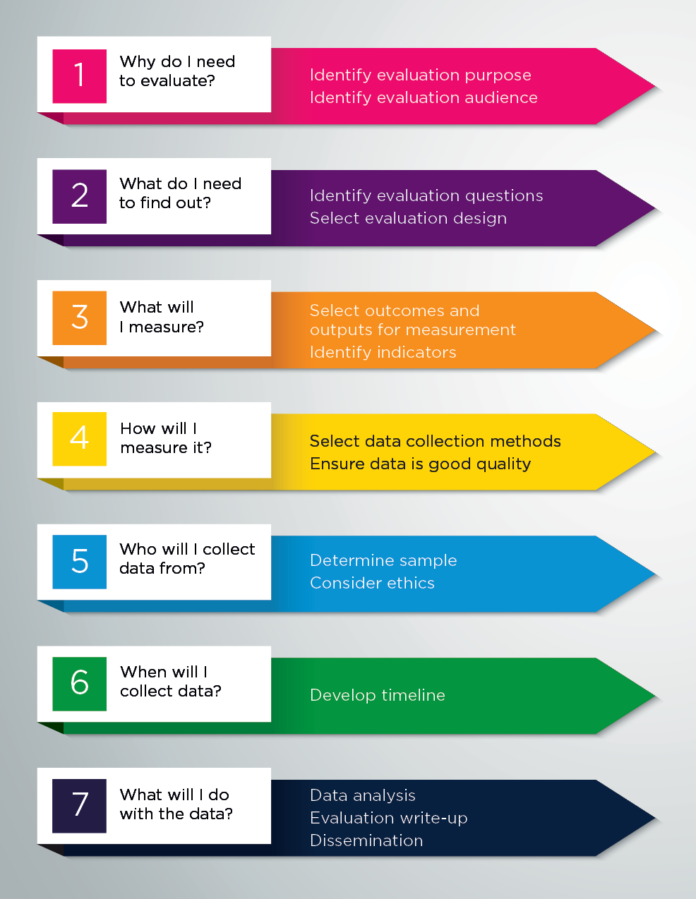Many projects in third-world countries fail to be successfully completed due to several reasons. Among these is a lack of understanding of the need for monitoring and evaluation.
This paper attempts to outline the importance of these two and how they can be applied to ensure the successful completion of projects. The paper also sets out the common constraints that impede these two and outlines ways in which these can be overcome.
A simple definition of monitoring and evaluation
Although monitoring and evaluation are viewed as related, they are distinct functions. Monitoring is viewed as a process that provides information and ensures the use of such information by management to assess project effects – both intentional and unintentional – and their impact. It aims at determining whether or not the intended objectives have been met.
The evaluation draws on the data and information generated by the monitoring system as a way of analyzing the trends in the effects and impact of the project. In some cases, it should be noted that monitoring data might reveal a significant departure from the project expectations, which may warrant the undertaking of an evaluation to examine the assumptions and premises on which the project design is based.
Project design concept
In an attempt to address this, it is necessary to have a common understanding of project design concepts upon which to build an understanding of project monitoring and evaluation.
Projects are an attempt, using specific inputs, to create a better situation for the beneficiaries. It should also be emphasized that projects are designed based on a linked set of hypotheses and assumptions and that, therefore, they are by nature somewhat “risky” ventures in that their particular approach may not have been tried before.
Turning to the project design process – to emphasize the links between the different levels of the project design. One needs to take a quick “test” to ensure that the concepts of project inputs, outputs, effects, and impact are shared by all.
Based on this identification of four levels in a project, project monitoring can be defined as the process of gathering information to compare the actual use of project inputs and completed outputs with the planned use of inputs and completed outputs. Project evaluation can be defined as the process of gathering information to assess the effects and impact of a project.
Role of monitoring
In defining the term monitoring, one needs to be exposed to a number of concepts associated therewith. Monitoring is the continuous assessment of a program or project in relation to the agreed implementation schedule.
It is also a good management tool that should if used properly, provides continuous feedback on the project implementation as well as assist in the identification of potential successes and constraints to facilitate timely decisions. Unfortunately, in many projects, the role of this is barely understood and therefore negatively impacts the projects.
Definition of evaluation
Evaluation can be defined as a process that determines as systematically and as objectively as possible the relevance, effectiveness, efficiency, sustainability, and impact of activities in the light of a project/program performance, focusing on the analysis of the progress made towards the achievement of the stated objectives.
In most cases, evaluation is not given emphasis in projects, as what is normally considered is monitoring.





